Evidence of traumatic brain injury in shooter who killed 18 in deadliest shooting in Maine history
| Published: 03-07-2024 10:20 AM |
AUGUSTA, Maine — An Army reservist who shot and killed 18 people in Maine last year had evidence of traumatic brain injuries, according to a brain tissue analysis by researchers from Boston University.
There was degeneration in the nerve fibers that allow for communication between different areas of the brain, inflammation and small blood vessel injury, according to Dr. Ann McKee of Boston University’s Chronic Traumatic Encephalopathy (CTE) Center. The analysis was released Wednesday by the family of reservist Robert Card.
Card had been an instructor at an Army hand grenade training range, where it is believed he was exposed to repeated low-level blasts. It is unknown if that caused Card’s brain injury and what role brain injury played in Card’s decline in mental health in the months before he opened fire at a bowling alley and bar in Lewiston on Oct. 25. McKee made no connection between the brain injury and Card’s violent actions.
“While I cannot say with certainty that these pathological findings underlie Mr. Card’s behavioral changes in the last 10 months of life, based on our previous work, brain injury likely played a role in his symptoms,” McKee said in the statement.
The brain tissue sample was sent to the lab last fall by Maine’s chief medical examiner. At that time, a Pentagon spokesperson said the Army was working to better understand the relationship between “blast overpressure” and brain health effects and had instituted several measures to reduce soldiers’ exposure, including limiting the number of personnel near blasts. An Army spokesperson didn’t immediately respond to an email seeking comment Wednesday.
In their first public comments since the shooting, Card’s family members also apologized for the attack, saying they are heartbroken for the victims, survivors and their loved ones.
“We are hurting for you and with you, and it is hard to put into words how badly we wish we could undo what happened,” they said in the statement. “While we cannot go back, we are releasing the findings of Robert’s brain study with the goal of supporting ongoing efforts to learn from this tragedy to ensure it never happens again.”
Police and the Army were both warned that Card, 40, was suffering from deteriorating mental health in the months that preceded the shootings. Some of his relatives warned police that he was displaying paranoid behavior and they were concerned about his access to guns. Body camera video of police interviews with reservists before Card’s two-week hospitalization in upstate New York last summer also showed fellow reservists expressing worry and alarm about his behavior and weight loss.
Article continues after...
Yesterday's Most Read Articles
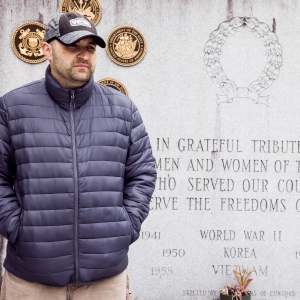 ‘Would you raise your right hand?’ — Local veterans consider the meaning of Memorial Day
‘Would you raise your right hand?’ — Local veterans consider the meaning of Memorial Day
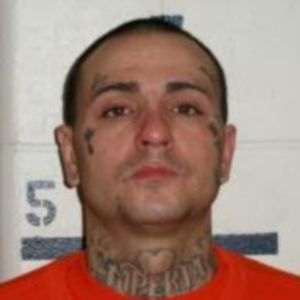 Jesse Sullivan pleads guilty to second-degree murder of half-brother, Zackary
Jesse Sullivan pleads guilty to second-degree murder of half-brother, Zackary
 ‘Bittersweet’: The Post on Main Street closes Friday
‘Bittersweet’: The Post on Main Street closes Friday
 Messy parking around Concord’s bus terminal won’t get less messy any time soon
Messy parking around Concord’s bus terminal won’t get less messy any time soon
 New Hampshire school phone ban could be among strictest in the country
New Hampshire school phone ban could be among strictest in the country
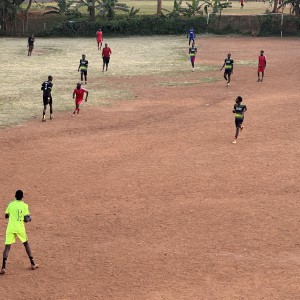 ‘Something to chase’: Pascal Zabayo’s art fundraiser grows soccer from Concord to Kampala, Uganda
‘Something to chase’: Pascal Zabayo’s art fundraiser grows soccer from Concord to Kampala, Uganda
Card was hospitalized in July after he shoved a fellow reservist and locked himself in a motel room during training. Later, in September, a fellow reservist told an Army superior he was concerned Card was going to “snap and do a mass shooting.”
Army reservists who knew Card will testify Thursday before a special established by Democratic Gov. Janet Mills to investigate the shooting. The hearing in Augusta is the seventh and final one currently slated for the commission. Commission chair Daniel Wathen said at a hearing with victims earlier this week that an interim report could be released by April 1.
In previous hearings, law enforcement officials have defended the approach they took with Card in the months before the shootings. Members of the Sagadahoc County Sheriff’s Office testified that the state’s yellow flag law makes it difficult to remove guns from a potentially dangerous person.
Democrats in Maine are looking to make changes to the state’s gun laws in the wake of the shootings. Mills wants to change state law to allow law enforcement to go directly to a judge to seek a protective custody warrant to take a dangerous person into custody to remove weapons.
Other Democrats in Maine have proposed a 72-hour waiting period for most gun purchases. Gun control advocates held a rally for gun safety in Augusta earlier this week.
“Gun violence represents a significant public health emergency. It’s through a combination of meaningful gun safety reform and public health investment that we can best keep our communities safe,” said Nacole Palmer, executive director of the Maine Gun Safety Coalition.

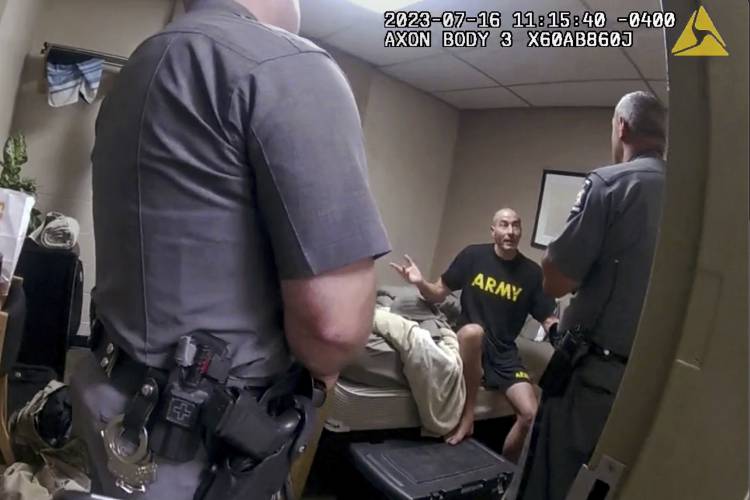
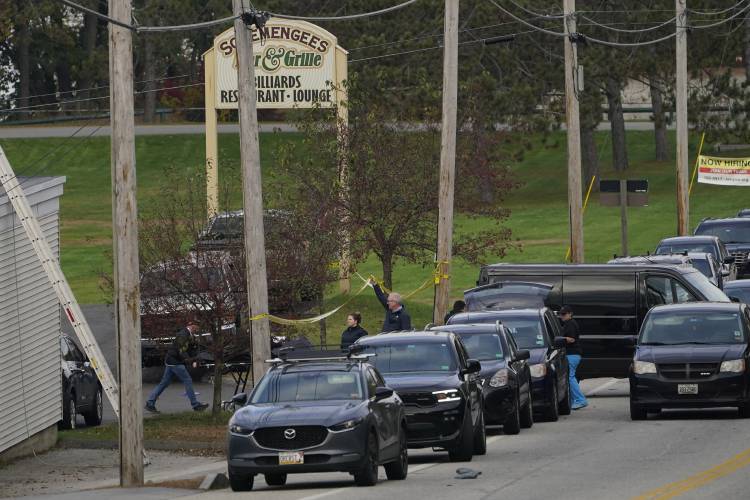
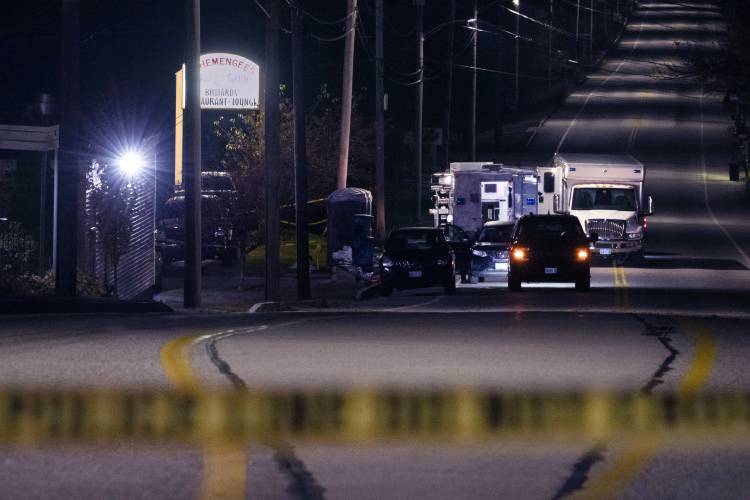






 Senate lawmakers vote to lift betting limits to attract high-rollers to New Hampshire’s casinos
Senate lawmakers vote to lift betting limits to attract high-rollers to New Hampshire’s casinos In echo of 2014 struggle, Market Basket board sidelines ‘Artie T.’ from CEO spot
In echo of 2014 struggle, Market Basket board sidelines ‘Artie T.’ from CEO spot Historic former Boscawen library building on sale – again
Historic former Boscawen library building on sale – again
